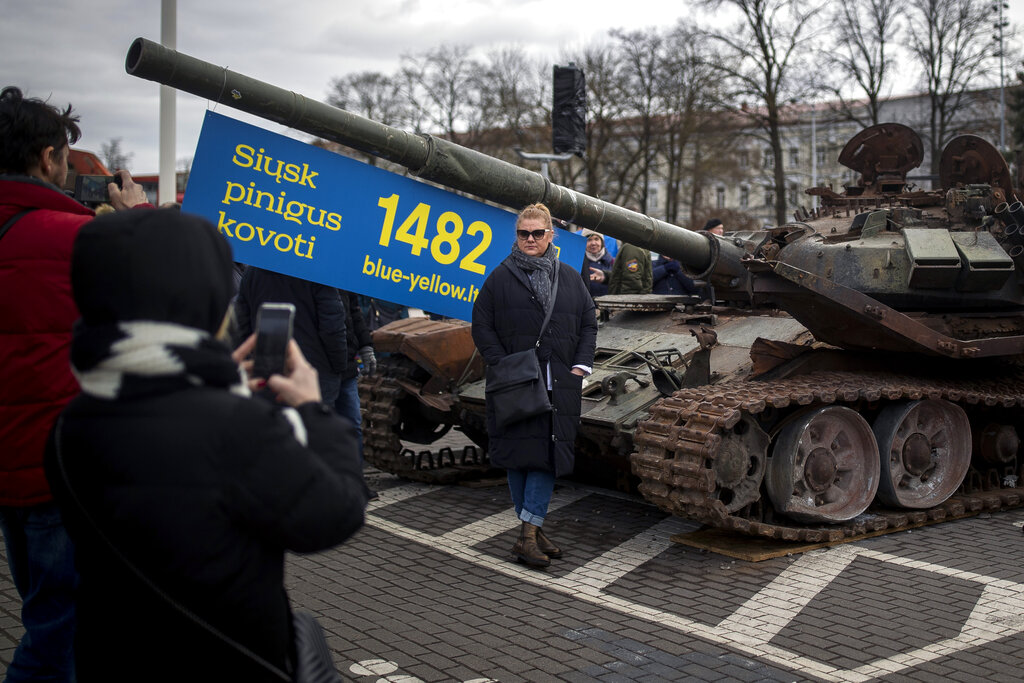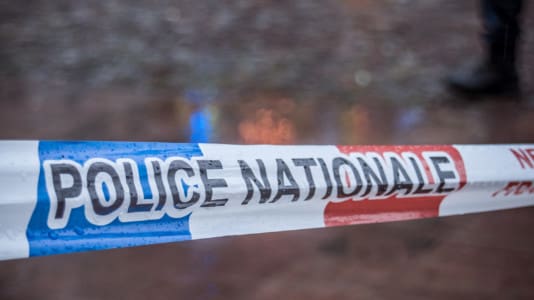After sending a questionnaire to all Russian nationals inquiring about their political views — mainly regarding the status of Crimea and the war in Ukraine — Lithuanian authorities have withdrawn the residence permit of some Russian nationals, citing national security concerns.
Over the entire last year, the number of such deportations was only 38, but that figure has significantly increased this year. The jump happens to coincide with the thousands of Russians who have arrived in Lithuania since the outbreak of the war. Some of them are presumably unsympathetic to the existing government in Russia, while others are simply unwilling to enlist as soldiers or are otherwise trying to stay out of the conflict.
While it is clear that in the short to medium term, Ukraine is facing a severe depopulation issue, the Russian population has also started to decline, in no small part due to the direct effects of the war.
In Lithuania, both temporary and permanent residence permits can be withdrawn relatively flexibly: The Lithuanian Ministry of Migration stated that a foreigner can be ordered to leave the country if committing a “very serious crime poses a threat to state security” or to society.
Among those deported, according to last Friday’s announcement, is Russian citizen Vladimir Vodo, who was mainly active on social media and worked for Russian companies on paper, referring to himself as a freelance journalist. He was deported on the grounds that he was “a security risk given the current geopolitical situation.” The government alleged that he “holds disloyal views against Lithuania, spreads pro-Russian propaganda on social media, and has been in contact with Russian and Belarusian secret services.”
Last year, Lithuania banned the entry of Russian tourists after the country cited security concerns regarding Russian and Belarusian nationals. Unlike the surrounding Baltic states, Lithuania does not have a sizeable Russian minority; it is nevertheless in a precarious situation given that the corridor linking the Kaliningrad Russian exclave passes through its territory.






